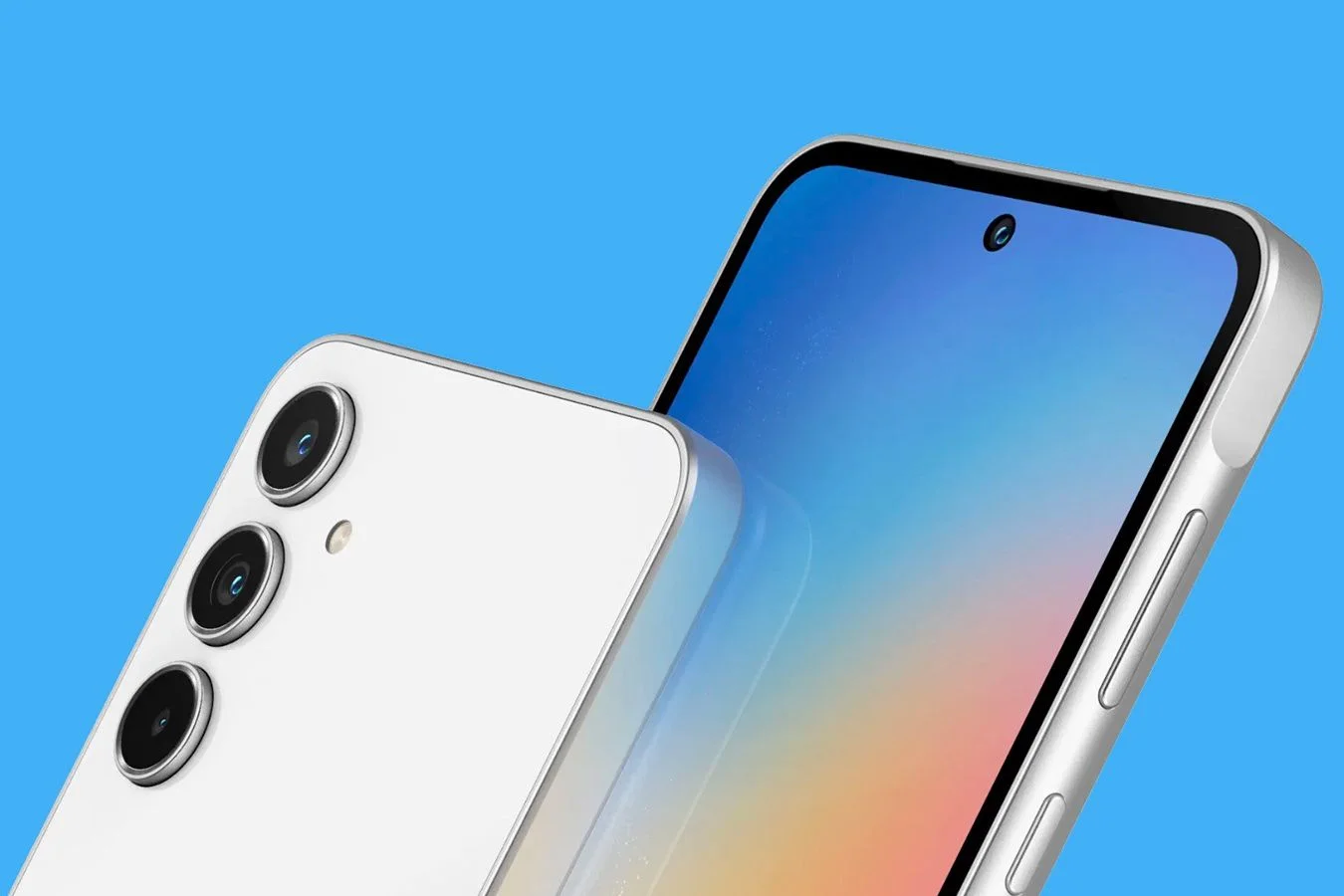Google’s Gemini Nano-LLM, which the manufacturer developed specifically for smartphones. Does not run on the Pixel 8 due to unknown hardware limitations not present on other devices with the same hardware.
Google really wants you to associate generative AI with the company, not just Microsoft and OpenAI. Haste and urgency are rarely good, as was evident with the launch of both LLM Bard and its successor Gemini. Now the company is making matters worse by pointing out that its AI model designed specifically for smartphones doesn’t run on all of Google’s own AI smartphones. Gemini Nano works on the Google Pixel 8 Pro and not the Google Pixel 8.
Google talks about hardware limitations, but doesn’t go into detail. That may not be possible since the Pixel 8 and Pixel 8 Pro have almost identical specs, right down to the Google Tensor G3 SoC. The only difference is the RAM: the Pixel 8 Pro has 12GB and the Pixel 8 only has 8GB. That would seem to be an explanation if it weren’t for the fact that Samsung can run the same model on its Galaxy S24 with 8GB of RAM.
Inconsistent support
AI played a central role in the launch of Pixel 8 and Pixel 8 Pro. Less than six months after launch, it now appears that Google plans to support only one of the two devices with its full AI ambitions. This shouldn’t be surprising: no soothsayer in the world can predict what Google will support and for how long. Nevertheless, the lack of clarity here is somewhat unfortunate. At launch, Google has also decided to reserve some functions only for the Pixel 8 Pro. There’s a reason we probably shouldn’t look beyond simple product differentiation.
On the other hand, generative AI is a big hype with many exciting useful applications and even more less useful implementations. It’s not entirely clear what exactly Gemini Nano does on the smartphone. For example, you can summarize recordings (in English) on your device, but this is also possible with AI in the cloud. For certain scenarios where you want a light version of Gemini intelligence on your device, you’ll need a Pixel 8 Pro or a Samsung Galaxy S24, but not a regular Pixel 8.













